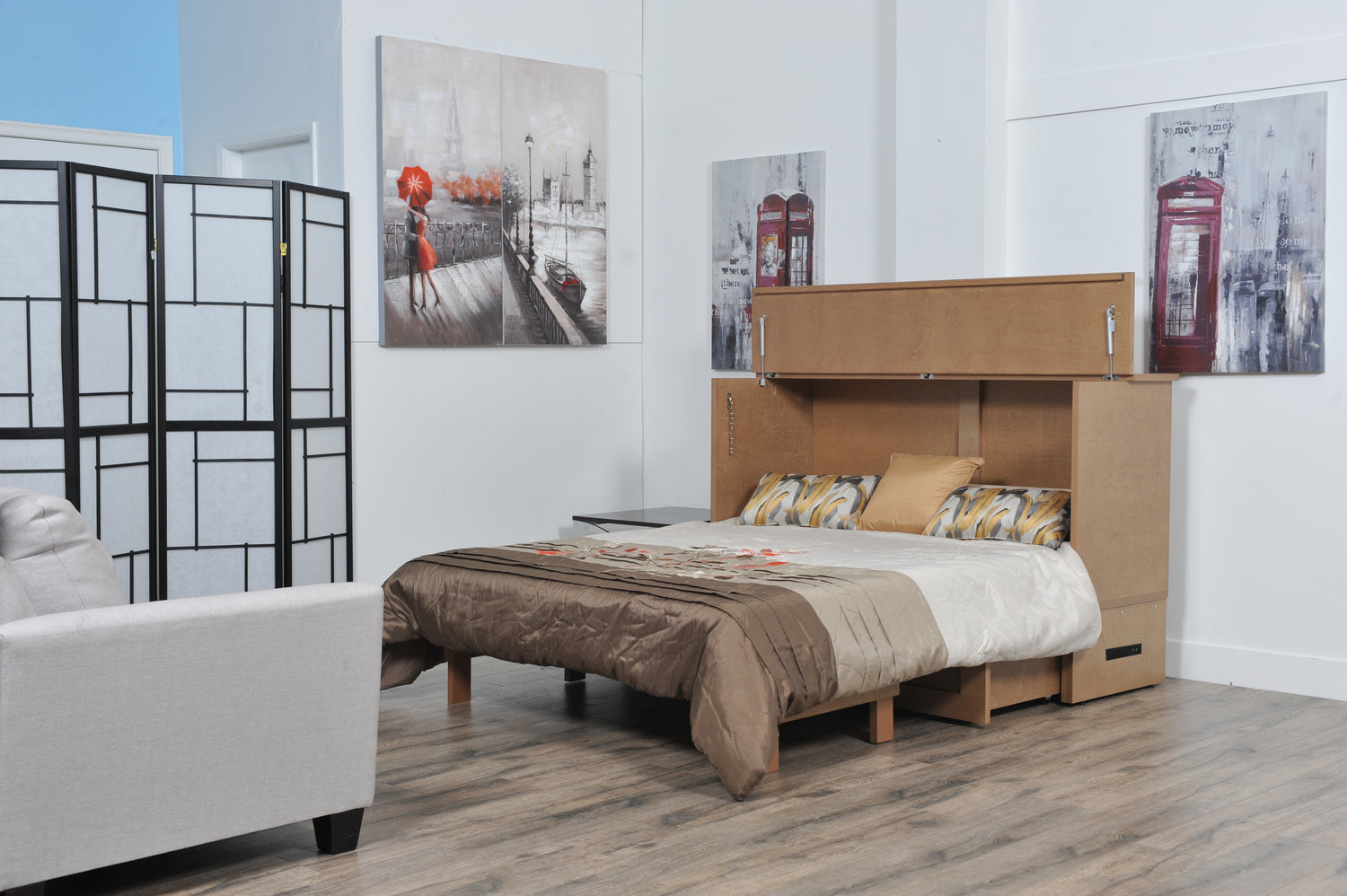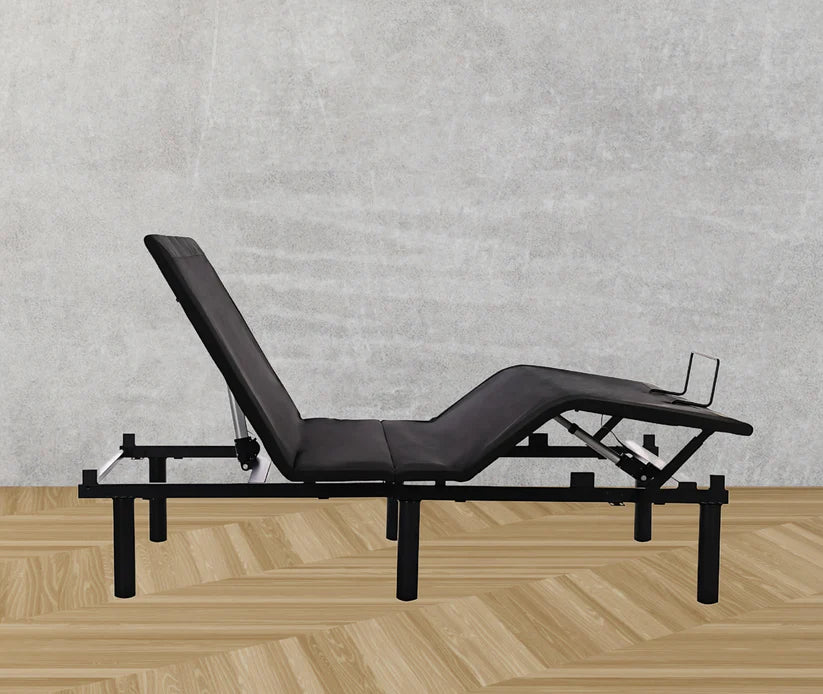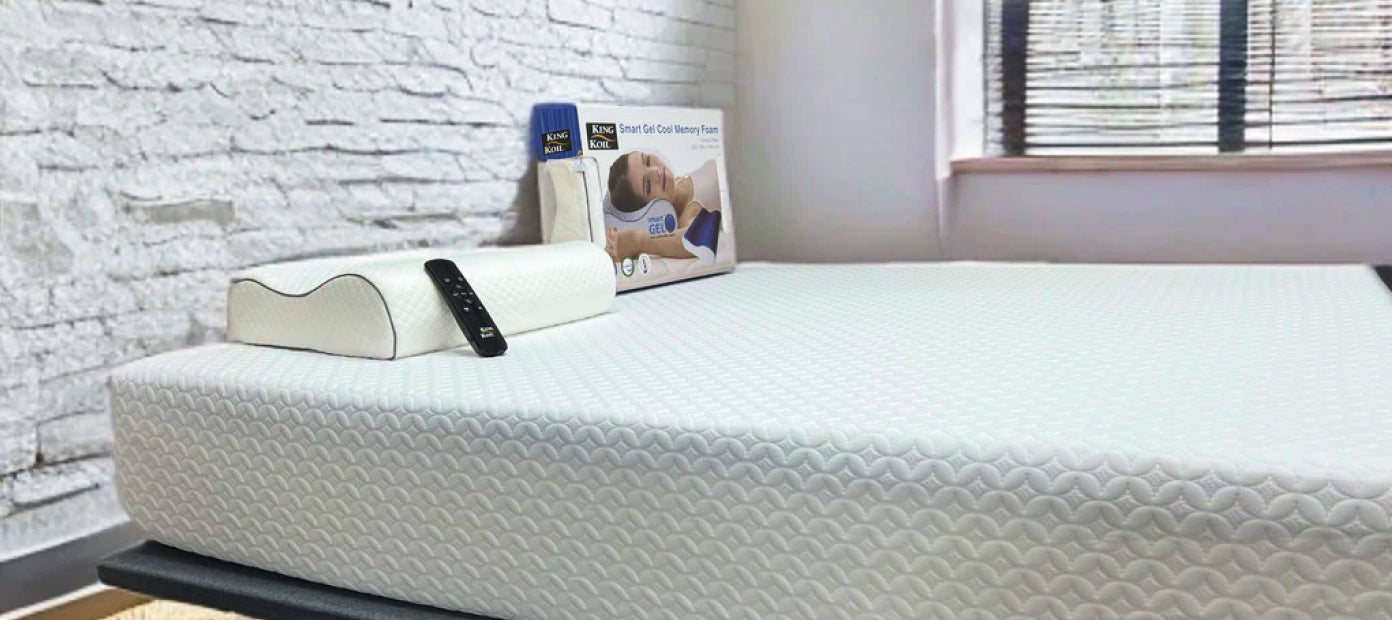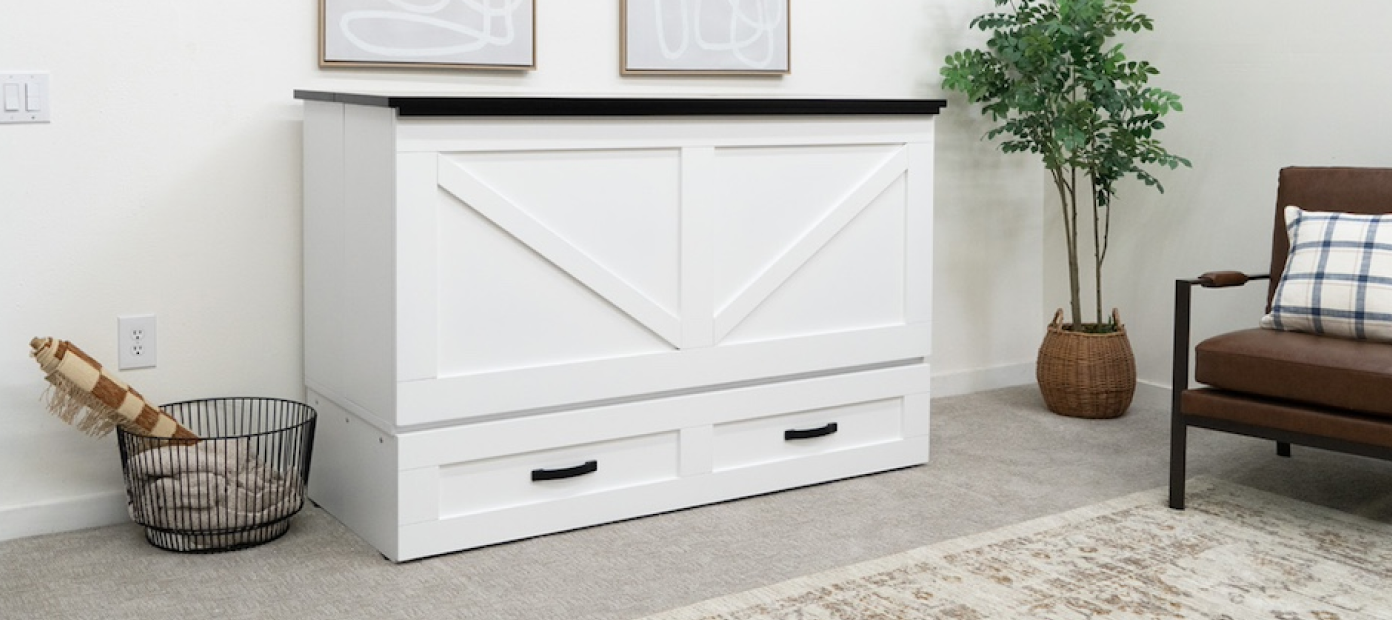Do you find yourself tossing and turning all night, unable to fall asleep due to stress and anxiety? In today's fast-paced world, stress and anxiety have become an integral part of our lives, and they can significantly impact our sleep quality.
Sleep is essential for our physical and mental well-being. It's during sleep that our body repairs and rejuvenates itself, and our brain processes and consolidates memories and information. However, stress and anxiety can disrupt our sleep patterns, making it difficult to fall asleep, stay asleep, or get a good quality of sleep.

If you're tired of feeling groggy and exhausted every morning, here are some unique and effective ways to reduce stress and anxiety and get a better night's sleep:
Practice Mindful Breathing
Mindful breathing is a technique that can help you calm your mind and reduce anxiety. It's a simple yet powerful way to focus your attention on your breath and bring your awareness to the present moment. To practice mindful breathing, find a quiet place to sit or lie down and focus on your breath. Take deep, slow breaths, inhaling through your nose and exhaling through your mouth. As you inhale, visualize positive thoughts, and as you exhale, release tension and negative thoughts. You can also try counting your breaths or repeating a calming mantra to help you stay focused.
Create a Relaxing Environment
A relaxing environment can significantly impact your sleep quality. Create a calming atmosphere in your bedroom by using soft lighting, comfortable bedding, and soothing scents. You can also try listening to calming music or nature sounds to help you relax. Avoid clutter and distractions in your bedroom, such as work-related items, bright lights, or noisy electronics. Your bedroom should be a sanctuary where you can unwind and recharge.
Exercise Regularly
Regular exercise is a natural stress reliever and can help reduce anxiety. It's also essential for maintaining good physical health and preventing chronic diseases. Try to incorporate exercise into your daily routine, even if it's just a 20-minute walk. Exercise releases endorphins, which are natural mood boosters, and can help you sleep better at night. However, avoid doing vigorous exercise close to bedtime, as it can stimulate your body and make it harder to fall asleep.
Avoid Screen Time Before Bed
The blue light emitted by electronic devices can suppress melatonin production, making it harder to fall asleep. Melatonin is a hormone that regulates your sleep-wake cycle, and its production is influenced by light exposure. Avoid screen time at least an hour before bed. Instead, try reading a book or taking a warm bath to help you relax. You can also try wearing blue light-blocking glasses or using a blue light filter on your electronic devices to reduce the amount of blue light exposure.
In conclusion, reducing stress and anxiety is essential for a good night's sleep. Incorporate these techniques into your daily routine, and you will be on your way to a more restful and rejuvenating sleep. Remember, it's okay to take some time for yourself and prioritize your sleep. Sweet Dreams!






Leave a Comment
Your email address will not be published. Required fields are marked * Comments must be approved before they are published.